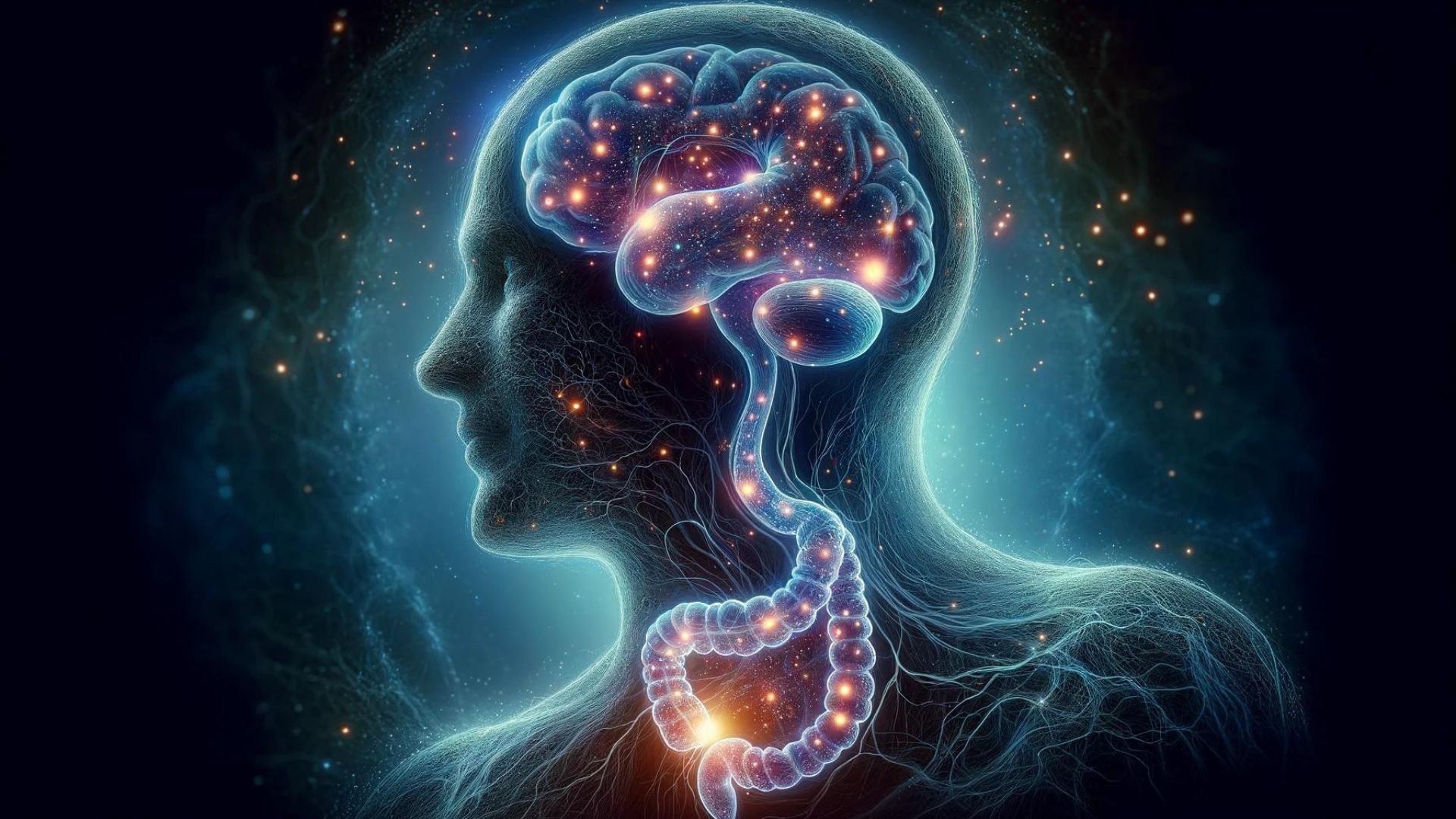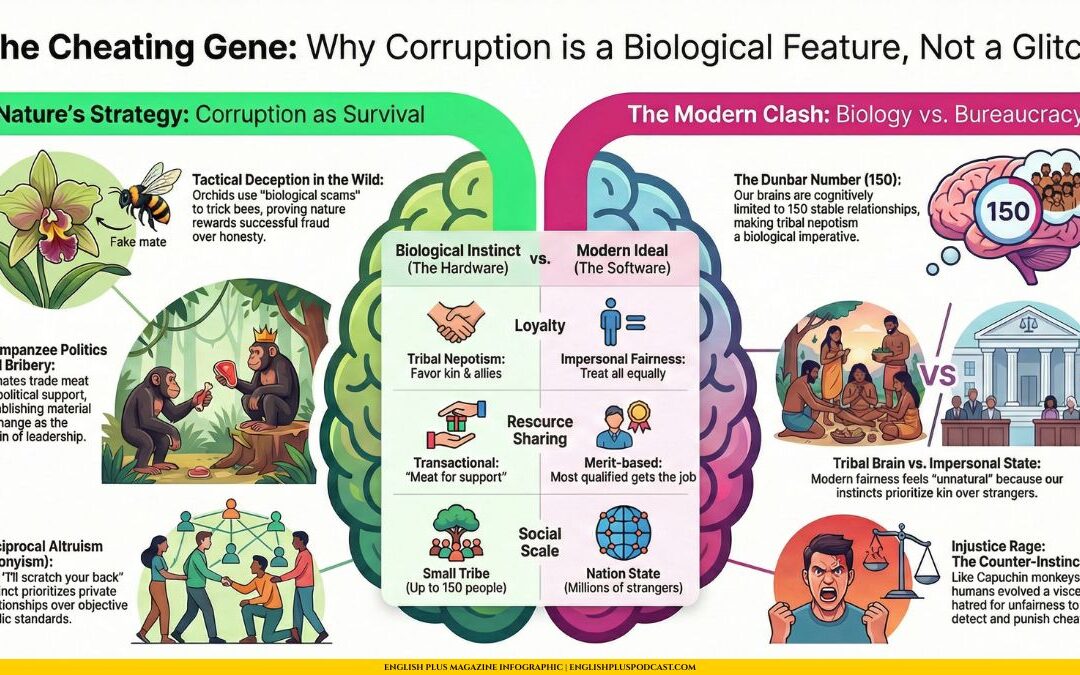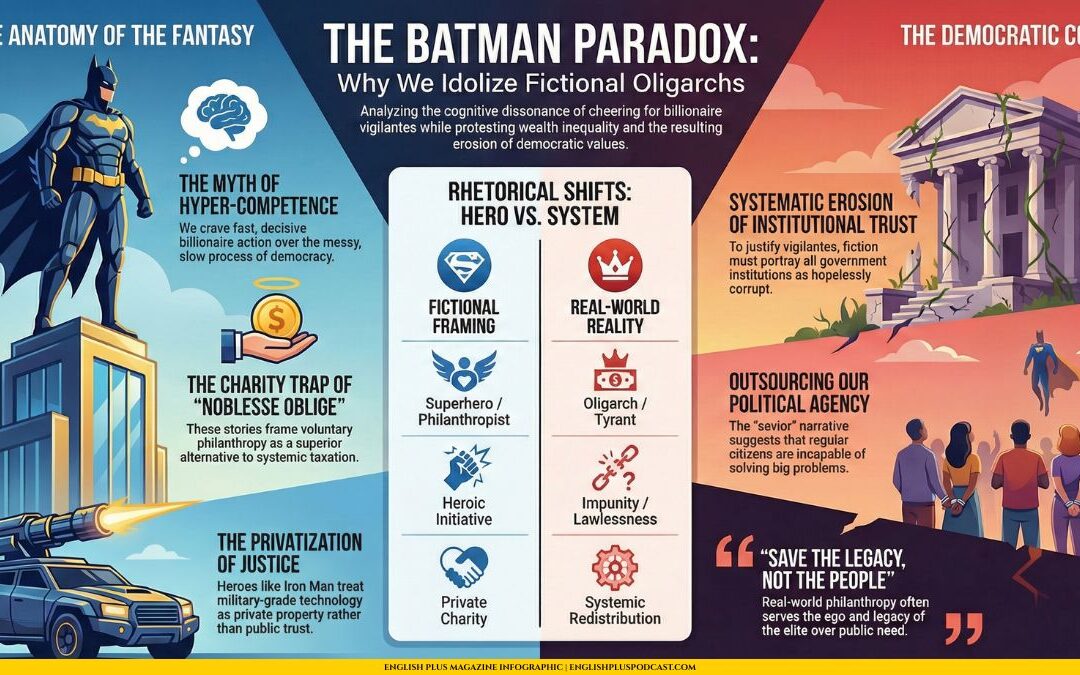Beyond Digestion: The Remarkable “Second Brain” Within Your Gut
Forget what you thought you knew about your gut. It’s not just a food processing plant – it houses a remarkably complex network of over 100 million neurons, a system so intricate that scientists have dubbed it the “second brain.” This network, known as the enteric nervous system (ENS), lines your entire digestive tract and plays a surprisingly multifaceted role in your physical and mental well-being.
How Does the Gut’s “Brain” Function?
The ENS works in tandem with your brain, utilizing many of the same neurotransmitters found in the central nervous system:
- Manages Digestion: The ENS independently controls the intricate processes of digestion, from muscle contractions to enzyme release and nutrient absorption.
- Communicates with the Brain: Your gut and brain are in constant dialogue via the vagus nerve, a major information highway.
- Influences Mood: Ever felt butterflies in your stomach or had a “gut feeling”? The ENS plays a key role in gut-brain communication, affecting emotions and potentially contributing to conditions like anxiety and depression.
- Impacts Immune Function: A significant portion of your immune system lives in your gut. The ENS helps regulate this crucial defense network.
The Gut-Brain Axis: Implications for Health and Well-being
Research into the gut-brain connection is exploding with exciting findings:
- Mental Health: Optimizing gut health through probiotics and a balanced diet might positively impact certain mood disorders.
- Gut Disorders: Conditions like Irritable Bowel Syndrome (IBS) seem strongly linked to imbalances in gut bacteria and communication between the ENS and the brain.
- Potential Therapies: Understanding the second brain opens avenues for treating conditions ranging from digestive ailments to neurological disorders.
Caring for Your “Second Brain”
Here’s how to support the health of this complex ecosystem:
- Eat a Balanced Diet: Focus on whole foods, fiber, and fermented foods that support beneficial gut bacteria.
- Manage Stress: Since the gut and brain are connected, stress reduction techniques can positively impact digestion and overall well-being.
- Listen to Your Gut: Pay attention to how different foods make you feel, it might offer clues about what your gut flora needs.
The Fascinating Frontier of Gut Science
The concept of a “second brain” might seem surprising, but it’s a revolutionary area of science. Unraveling the secrets of the enteric nervous system offers profound potential to improve not just our physical health, but our mental health as well. The next time you have a “gut feeling,” remember – it’s your “second brain” trying to tell you something!










0 Comments